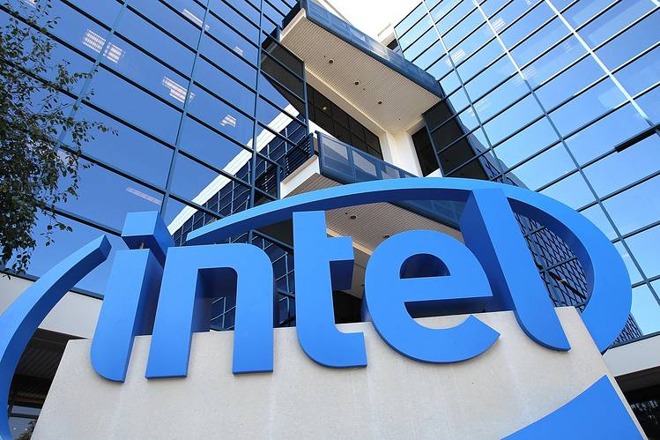Apple has signed a deal to acquire the majority of Intel's cellular modem patents, intellectual property and key personnel in a deal valued at $1 billion, furthering the tech giant's plans to take ownership of iPhone's communications stack.

As part of the deal, Apple will get over 17,000 wireless technology patents. The portfolio spans cellular standards, modem architecture, modem operation, and chip engineering.
"This agreement enables us to focus on developing technology for the 5G network while retaining critical intellectual property and modem technology that our team has created," said Intel CEO Bob Swan. "We have long respected Apple and we're confident they provide the right environment for this talented team and these important assets moving forward. We're looking forward to putting our full effort into 5G where it most closely aligns with the needs of our global customer base, including network operators, telecommunications equipment manufacturers and cloud service providers."
Intel will retain the ability to develop modems for non-smartphone applications, such as PCs, internet-of-things devices and autonomous vehicles.
"We've worked with Intel for many years and know this team shares Apple's passion for designing technologies that deliver the world's best experiences for our users," said Johny Srouji, Apple's senior vice president of Hardware Technologies. "Apple is excited to have so many excellent engineers join our growing cellular technologies group, and know they'll thrive in Apple's creative and dynamic environment. They, together with our significant acquisition of innovative IP, will help expedite our development on future products and allow Apple to further differentiate moving forward."
The transaction is expected to conclude before the end of 2019.
Apple, Intel, and Qualcomm
After a period with the iPhone using Infineon modems, Qualcomm was the sole supplier of iPhone modems for Apple up until the iPhone 7. With the release of the iPhone 7, Intel became one of two suppliers for the iPhone modem, alongside Qualcomm. Supplies were split along carrier lines between the two sources through the iPhone 8 and iPhone X releases in 2017.
For the 2018 iPhone releases, the iPhone XS, iPhone XS Max, and iPhone XR did not include Qualcomm modems at all. For Intel, this meant it was providing all of the modems destined for use in all three models for that year.
Intel and Apple have been in negotiations for the patent portfolio for some time. The negotiations were interrupted when Apple settled with Qualcomm and signed a new multi-year supply deal. At the same time, Intel announced it was abandoning work on 5G phone modems.
Apple is believed to be developing its own 5G modem under senior hardware VP Johny Srouji, with an expected 2022 premiere. In the interim the company will likely use Qualcomm parts and will nearly certainly use them in the predicted 2020 5G iPhone.

-xl-s.jpg)
